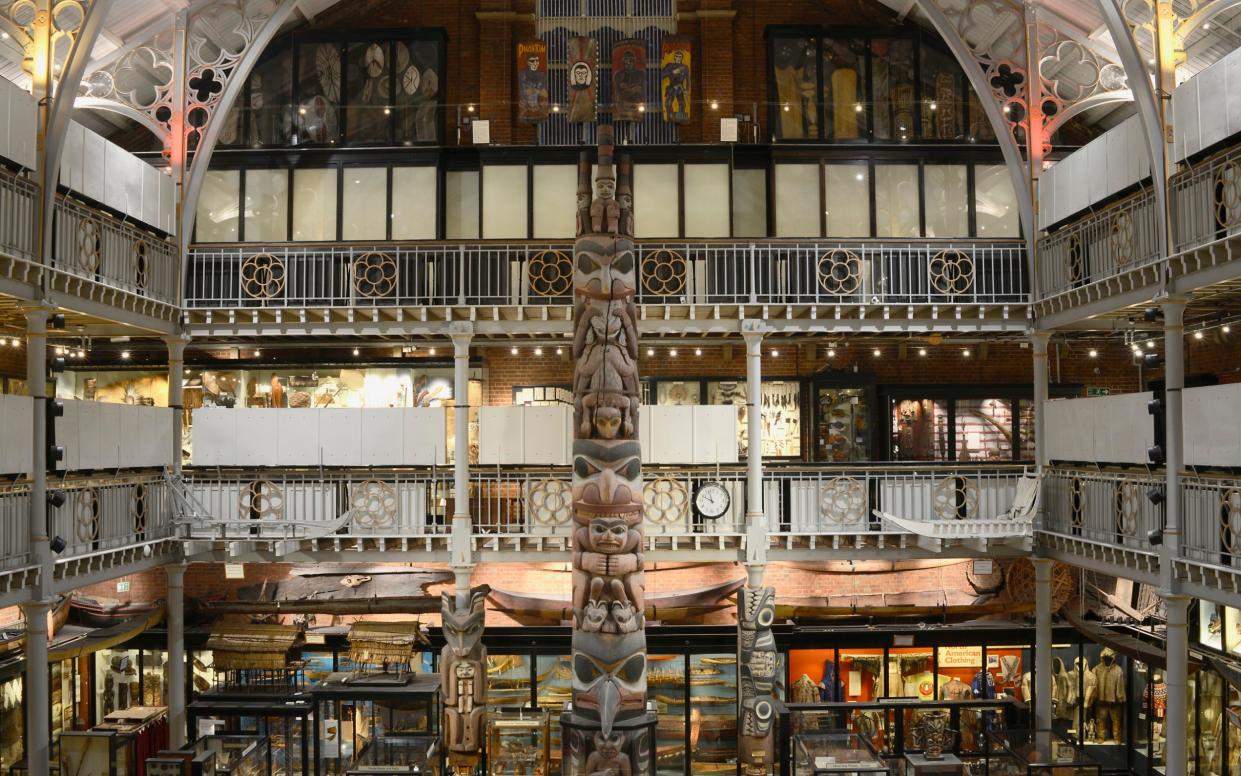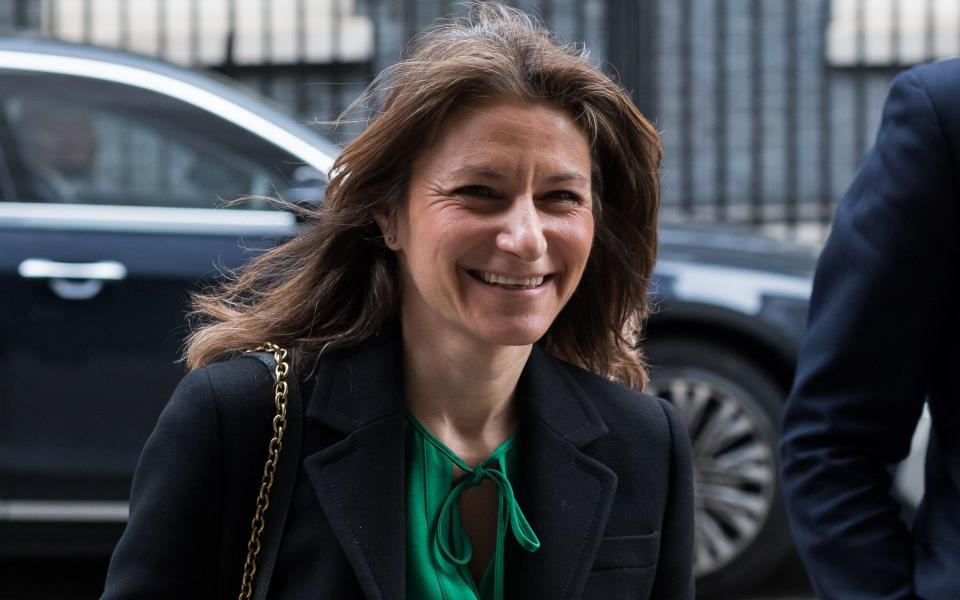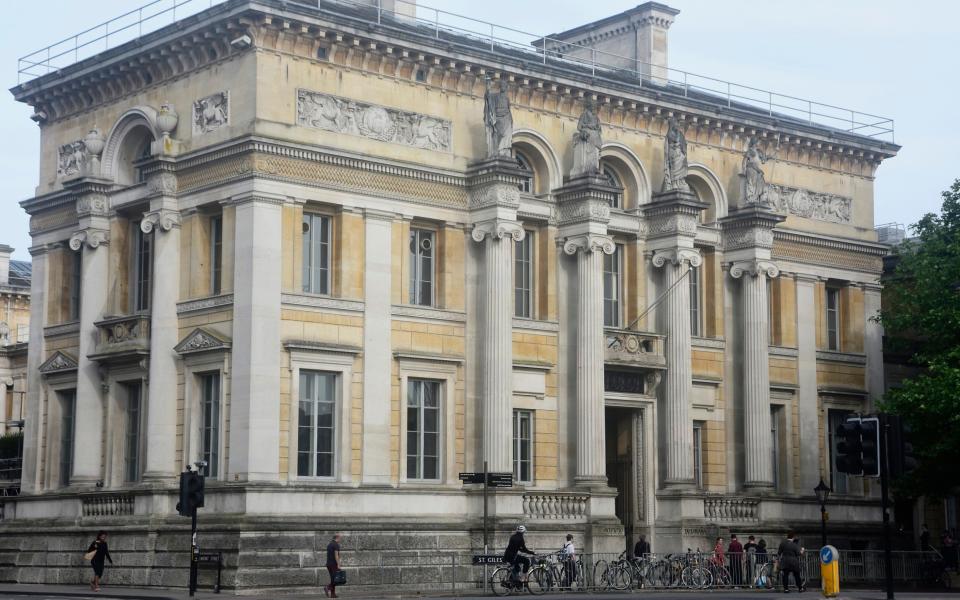Arts Council threatens to remove funding from organisations over ‘political’ or ‘activist’ activity

Arts Council England has warned organisations could lose funding over “political or activist” activity.
The quango has faced criticism for pumping an annual £500 million in taxpayers’ money into museums and galleries that have frequently become embroiled in controversies about gender ideology and “decolonisation”.
The Arts Council has now taken action to quell these scandals and warned organisations that “overtly political or activist” actions could lead to funding being withdrawn.
New rules have been inserted in policies governing the arrangements between the Arts Council and the almost 1,000 National Portfolio Organisations (NPO) it regularly funds to ensure they do not undermine the “public funding of culture”.
Under the rules, political and activist activities are deemed a potential reputational risk, and if nothing is done to address this damage, their “funding could be at risk”.
The changes come in advance of a pending Department of Digital, Culture Media and Sport review of the Arts Council.

Organisations are now warned in their agreement with the Arts Council that “the type of action or activity that may constitute or influence an increase in reputational risk” includes “artistic and creative output that might be deemed controversial, activity that might be considered to be overtly political or activist and goes beyond your company’s core purpose.”
It adds that “we expect you to be proactive with your responses and mitigations to any risks that have been identified”, and if this is not done Arts Council can intervene in a range of ways including “reduction” or “withdrawing” it complete, and “repayment of funds” paid.
Organisations are asked to follow a series of steps including alerting the Arts Council, which is under the leadership of chief executive Darren Henley.
The new rules follow a string of controversies reported by the Telegraph, including this week revelations that an Arts Council-funded NPO, the Museum of English Rural Life, had launched a project to tackle the “whiteness of the countryside” and its “heteronormative” image in a new project.
Fellow NPOs, the target of the Arts Council’s new rules, include the museums attached to the universities of Oxford and Cambridge.

Oxford’s Pitt Rivers and Ashmolean museum have pledged to return 97 Benin Bronzes to Nigeria, and Cambridge’s Museum of Archaeology and Anthropology took the decision to send back 116.
The Museum of London Docklands, which also receives Arts Council funding, supported the removal of the statue of slave trader Robert Milligan from the land in front of its building following the Black Lives Matter protest in 2020.
The similarly funded organisation Bristol Museums controversially displayed the toppled statue of Edward Colston in a supine position in its gallery space, after the statue had been pulled down in Black Lives Matter protests.
The Collections Trust, also funded by the Arts Council, removed guidance found on its website after the Telegraph revealed a guide on “inclusive language” told arts professionals that Hamas is made up of “anti-colonial freedom fighters”.
The tough new guidance for these organisations comes as the DCMS plans to conduct a full-scale review of the quango as part of a cycle of similar reviews looking into opportunities and government efficiency, an initiative set up by Tory MP Jacob Rees-Mogg.
The Arts Council has released a lengthy statement on its new guidance, assuring concerned arts professionals that it remains committed to “freedom of expression, for artists and organisations” and does not seek to hinder their work.

